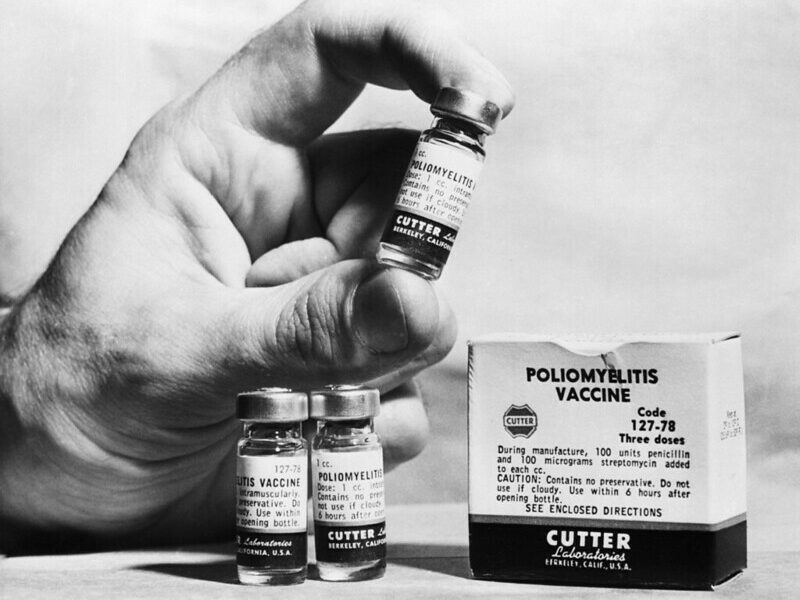Venezuela, simply put, is running out of time. In the midst of a three-year economic recession, basic resources such as food and medicine are becoming scarce and people are dying as a result.
Background on the Recession
Oil drives Venezuela’s economy due to the rich oil reserves in the country. Over 95% of Venezuela’s revenue stems from its exports of oil [1]. Lack of upkeep of the oil reserves coupled with the striking drop in prices that started in 2014, led Venezuela to have a huge shortage of income. Production of oil has dropped to a 13-year low [1]; this along with the drop in prices from over $100 per barrel in 2014 to around $50 per barrel today [2] gives insight into just how devastating this recession has been for Venezuela.
Implications for Health
Population health in Venezuela is suffering due to lack of adequate resources and maintenance. It is estimated that fewer than 10% of operating rooms, emergency rooms, and intensive care units are fully operational [3]. In addition, among the hospitals in 38 cities in Venezuela, 76% reported having a scarcity of medicines and 81% reported a lack of medical and surgical materials [4].
This brings us back to diphtheria, a disease that was formerly eradicated in Venezuela for over 20 years [5, 6]. Since 2016, there have been 20 confirmed diphtheria cases and five deaths [7]. A big challenge in trying to combat this outbreak is not only the lack of medical supplies, but also the lack of transparency from the government as to accurate case counts. Some independent media sources [8] in Venezuela reported a potential for 200 cases of diphtheria, 20 of which are currently confirmed. The cases have so far been reported from the states of Monagas, Sucre, Anzoátegui, Apure, Bolívar and Miranda.
Diphtheria is caused by the bacteria Corynebacterium diphtheria and is transmitted from person to person mainly through respiratory droplets [9]. Symptoms include weakness, sore throat, fever, and swollen glands in the neck. The bacterium releases a toxin in the body that destroys healthy tissue. The dead tissue accumulates and within days forms a thick, gray coating in the throat or nose that is referred to as a “pseudomembrane” [10]. The toxin can spread throughout the body if it enters the blood stream and cause damage to the heart, kidneys, and nerves. The overall case fatality rate is 5-10%, with rates closer to 20% for children younger than five and adults older than 40 [11].
Infection is prevented by immunization with the pentavalent vaccine. Venezuela has an overall vaccination rate for the pentavalent vaccine of 78% [7], but this rate varies greatly depending on the state. In the state of Bolivar, only 42% of children were vaccinated [8]. Bolivar has been the main state affected by this outbreak, and several cases are assumed to have become infected after exposure working in gold mines, going on to infect their family members [12].
The outbreak circles back to the economic pressures places on Venezuelans. Doctors believe that the source of the outbreak was exposure to the bacterium in illegal gold mines in Bolivar [7]. Resource-deprived Venezuelans are taking the opportunity to make extra money through whatever means possible, even illegal operations that jeopardize their health and safety, simply so they can continue to provide for themselves and their families.
The health crisis in Venezuela is the result of bad governmental policies and extreme economic hardship. Almost all Venezuelans are feeling the strain on resources, including the most basic necessities. Seventy-eight Venezuelan organizations wrote a joint letter to Ban Ki-Moon, Secretary General of the United Nations, urging the United Nations to take action to protect human rights in the country [13]. External organizations must continue to put public pressure on the government of Venezuela to take an active role in protecting their citizens, and work towards economic relief to achieved sustained access to resources and prosperity. This is a crisis that cannot continue to be overlooked.
Sources:
[1] http://money.cnn.com/2016/10/25/news/economy/venezuela-breaking-point/
[2] http://www.nasdaq.com/markets/crude-oil.aspx
[3] http://www.ovsalud.org/publicaciones/salud/encuesta-nacional-de-hospitales-2016/
[4] http://www.thelancet.com/pdfs/journals/lancet/PIIS0140-6736(16)31523-9.pdf
[7] http://uk.reuters.com/article/us-venezuela-health-idUKKBN15P1DA
[9] https://www.cdc.gov/diphtheria/about/causes-transmission.html
[10] https://www.cdc.gov/diphtheria/about/symptoms.html
[11] https://www.cdc.gov/diphtheria/clinicians.html
[12] http://www.icgp.ie/go/library/public_health_alerts/4745104B-0F5C-F480-148C74944F931F3D.html
[13] http://www.ovsalud.org/publicaciones/derechos-humanos/carta-ban-ki-moon-ddhh-venezuela/
